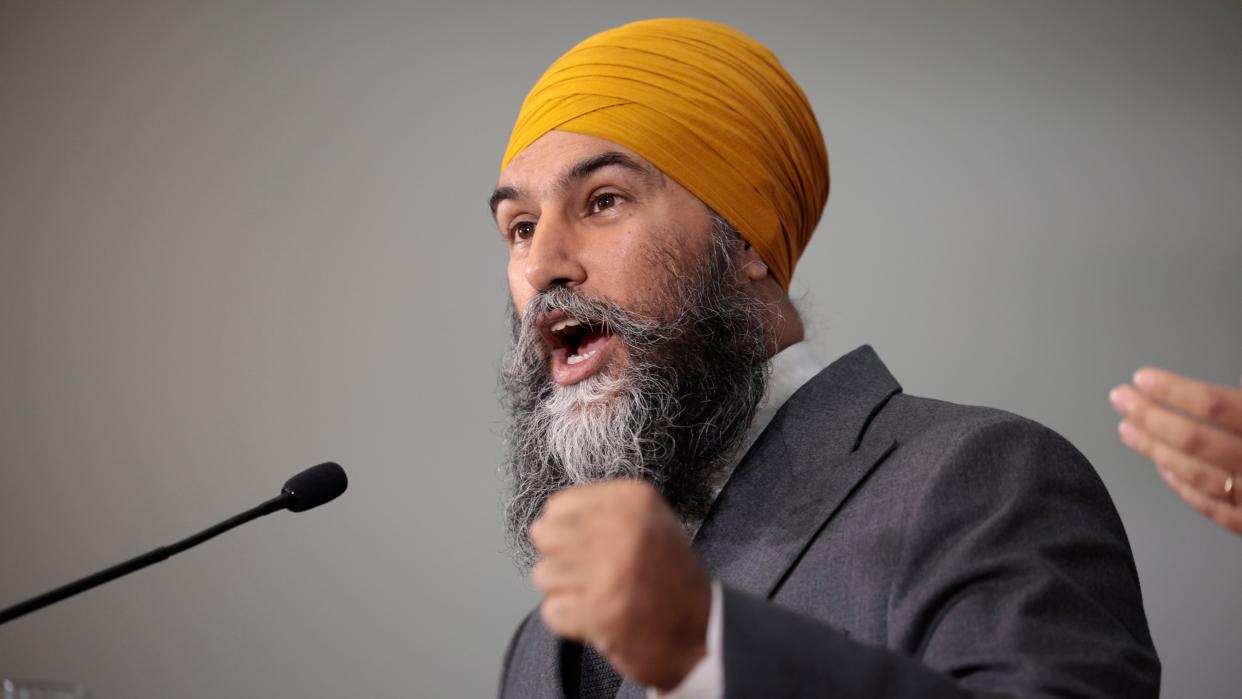Former U.S. President Donald Trump announced plans to impose a 25% tariff on steel and aluminum imports, aiming to protect American industries from foreign competition. This decision sparked global reactions, particularly from key trading partners like Canada, which has significant economic ties with the U.S. in the steel and aluminum sectors.
In response to Trump’s tariff announcement, Canadian politician Jagmeet Singh voiced concerns about the impact on Canadian workers and industries. Singh emphasized the need for strong retaliation, urging the Canadian government to take decisive action to protect domestic jobs and businesses. He also highlighted the importance of standing firm against unfair trade policies.
Canada, as one of the largest suppliers of steel and aluminum to the U.S., faced potential economic strain from the tariff. Singh proposed exploring countermeasures, such as imposing tariffs on U.S. goods, diversifying trade partnerships, and increasing support for affected Canadian industries. His stance resonated with many Canadians worried about the economic repercussions of Trump’s policies.
As trade tensions escalated, Singh and other Canadian leaders continued to push for a fair and balanced approach to international trade. The debate underscored the challenges of maintaining strong economic ties with the U.S. while defending Canadian industries from protectionist policies. The outcome of these negotiations would shape the future of North American trade relations.
